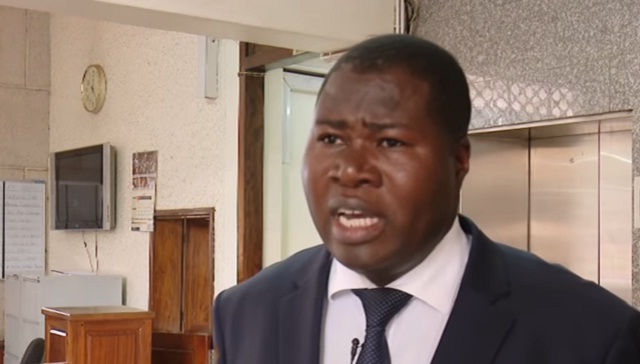
Kampala, Uganda | THE INDEPENDENT | The Legal and Parliamentary Affairs Committee will kick start the review of the electoral reforms bills with regional consultations to get citizen’s views.
Last week, Government tabled five electoral reform bills including the Presidential Elections (Amendment) Bill No.17, 2019, the Parliamentary Elections (Amendment) Bill No.18, 2019, Electoral Commission (Amendment) Bill No. 19, 2019, the Political Parties and Organization (Amendment) Bill No. 20, 2019 and the Local Governments (Amendment) Bill No.21, 2019.
The Bills seek to among other things reform electoral laws relating to the qualification of candidates campaign, financing and the procedure in which presidential, parliamentary, local governments elections will be held and the role of political parties and the Electoral Commission.
The bill also seek to incorporate the ten recommendations made by the Supreme Court in the 2016 presidential election petition and the Constitutional Amendment Act, 2018, which scrapped the age limit for presidential and local government candidates, extended the time for filing election petitions, hearing of petitions and the period for holding presidential by-elections when polls are nullified.
The speaker of parliament, Rebecca Kadaga forwarded the bills to Legal and Parliamentary Affairs Committee for scrutiny before a report is presented to parliament for discussion. The Committee Chairperson, Jacob Oboth , says they will use two days to scrutinize the bill and approve their work plan before they set off for consultations.
He explains that contrary to earlier practices where they start from the boardrooms in Parliament with technocrats, they will start with regional consultations. Oboth says they will split the committee into four groups and dispatch them to major regional areas for consultations to avoid being bombarded with complaints of ignoring the citizenry.
He says the committee will also give chance to people who say the proposed reforms don’t reflect the Supreme court recommendations to speak to the bill.
In 2016, Supreme Court judges led by the Chief Justice, Bart Katureebe while delivering their judgment in the Amama Mbabazi Versus Museveni and 2 Others Presidential Election Petition, made pronouncements about outstanding electoral reforms that are meant to guarantee free and fair elections.
They included extending the filing and determination period of presidential election petitions to 60 days to enable the concerned parties and court to adequately prepare and present their case, regulation of public officials in elections and punishment of media houses, which refuse to grant equal airtime to all presidential candidates and prohibition of donations during elections among others.
*****
URN
 The Independent Uganda: You get the Truth we Pay the Price
The Independent Uganda: You get the Truth we Pay the Price


